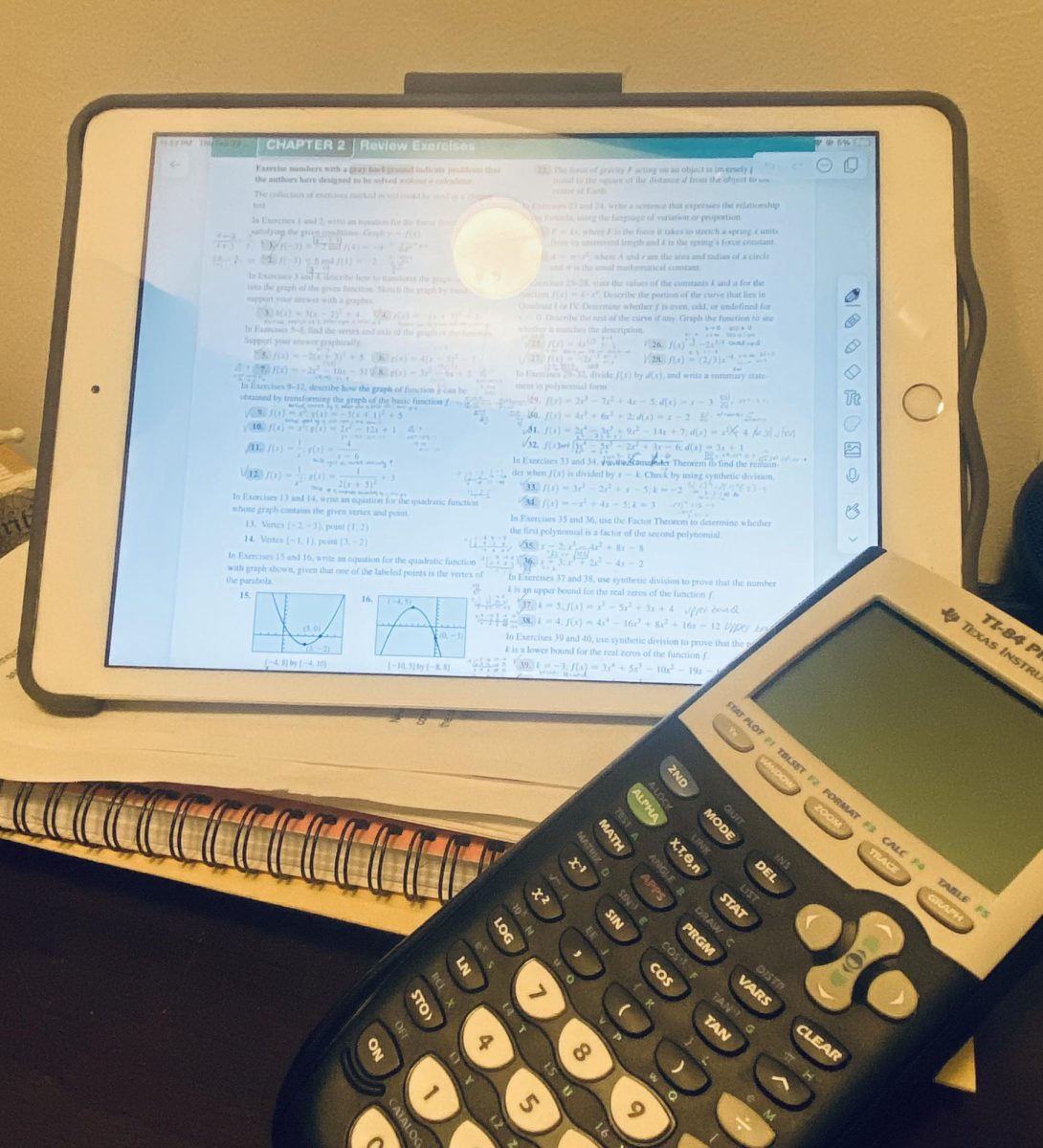DePaul College Prep has a school wide summative assessment retake policy, but has never had a written policy regarding formative retakes. This semester, the Math Department implemented a common practice regarding formatives. Formatives are defined as quizzes and other assignments meant to evaluate a student’s content knowledge before tests. Peter Sisto, Chair of the Math Department, defined this retake change as “More of a common practice that we want to implement into math classes this year. There [isn’t] a written formal policy.” Prior to this common practice, retakes for formative assessments in the Math Department varied, as Sisto said, “It would be at the teacher’s discretion.”
Earlier in the school year, the school administration and the Math Department met to discuss how to improve the math program at DePaul Prep. Sisto said, “As a department we analyzed our data. That data took the form of individual grades and grade distributions.”
A general trend showed that students focused more on the grade rather than the learning process. Teachers and teaching teams deduced that a large portion of this data was due to the way in which formatives were approached.
As a result, the math department implemented a common practice for formative assessments. According to Sisto, “A student that gets a 69% or lower [D+ or lower] is able to remediate a given formative.” In order to retake, “They would have to complete a remediation assignment first, meet with their teacher to ensure that they are ready for the retake of that quiz, and then it gets scheduled and retaken.”
Anna Pavichevich, Director of Student Services, explained this practice as being, “about teachers who are looking at the data and who are really trying to understand how students are performing and give them an opportunity to improve their learning, which in turn improves their score.”
Students are expected to meet with their math teacher and fill out remediation assignments instead of immediately retaking a formative assessment to increase a score. Sisto states the point of this is to provide a “more intentional” and “more personal remediation experience for my students so they are more likely to improve the second time around.”
Pavichevich sees this as beneficial because, “Our priority is to make sure that [students] are learning what you need to know to go to the next level of math and you can do that in a way that gives you confidence and makes you feel empowered to learn.”
This process, she says, puts a focus on learning, “But the [good] grades are a byproduct.”
That being said, some students are concerned the system will hurt their grades and does not foster learning. Junior Christian Goodall, a student in Precalculus Honors said, “I feel like a more lenient structure will allow students to be more courageous in the classroom and explore their learning possibilities.”
In response to this, Pavichevich and Sisto explain that although it is rigorous, this new policy is also led by the teachers and helps them assess student growth on an individual and class level. The goal of this new practice is not to restrict students but to better personalize student learning and ensure that learning is focused on. This differs from many other formative assessment approaches in other subjects where students are not able to take quizzes.
As a result, Pavichevich states, “It’s an opportunity for the teacher to reflect as well [and ask themselves] ‘Did I teach what I planned? Did I assess the way I taught? Or did I assess what I taught?’”







